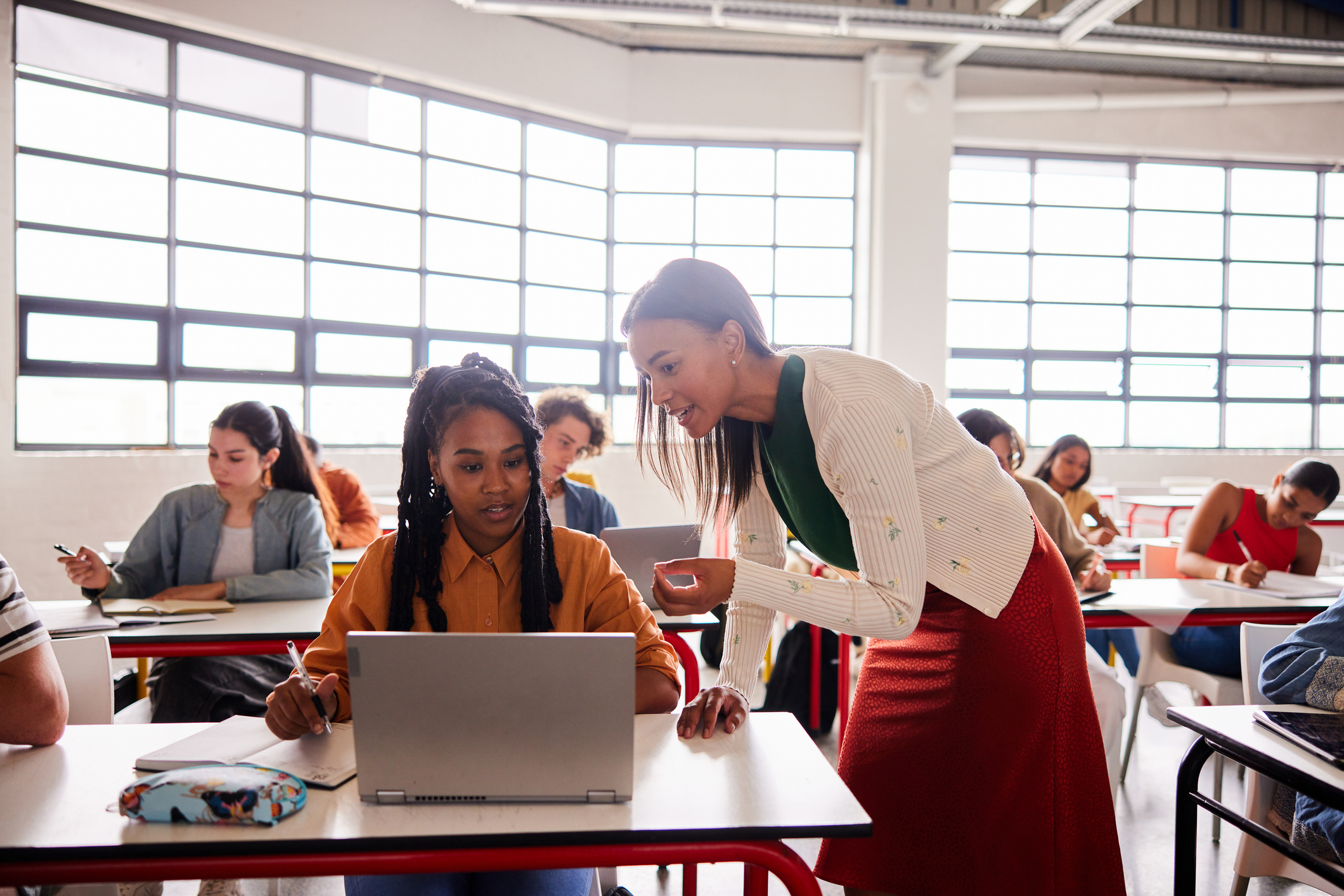About My Compass
My Compass is designed to help high school seniors build resilience to handle the challenges of life after graduation. Whether students plan to attend college, start a job, go to trade school, or join the military, the program gives them tools to feel confident and ready for their next steps.
Program Overview
My Compass prepares high school seniors for their transition out of high school by teaching practical skills to enhance their mental well-being.
The program addresses:
Building connections
Regulating emotions and reframing thoughts
Using mindfulness in everyday life
The lessons use science-based practices from positive psychology, including cognitive behavioral, dialectical behavioral, and acceptance and commitment principles — all adapted for a classroom setting.

How does the Program Work?
My Compass includes 10 facilitator-led sessions taught during the school day. Each session centers on different strategies for navigating the transition out of high school and builds on lessons from the previous sessions.
This website supplements the in-classroom sessions. Only students completing the program in a classroom can log in to the website. Once logged in, students can view content, resources, and assignments. They can track their progress by earning badges for completing session activities.
My Compass also provides a student guide. Students will use it in class and at home to complete activities.
My Compass helps prepare students for whatever path they take after high school. During the facilitator-led classroom sessions, students can expect mindfulness activities like breathing exercises and guided imagery, small group discussions, and time to self-reflect on topics.
Students also will hear from recent graduates about their experiences navigating life after high school.
Students will have brief practice exercises to complete. They will not be graded. The exercises help reinforce skills learned in class and prepare students for upcoming sessions.
My Compass encourages students to have meaningful conversations with their trusted adults — whether they are parents, guardians, or other mentors. Parents and guardians can expect to participate in brief discussions as part of the students’ assignments. These discussions will help students plan for their future.